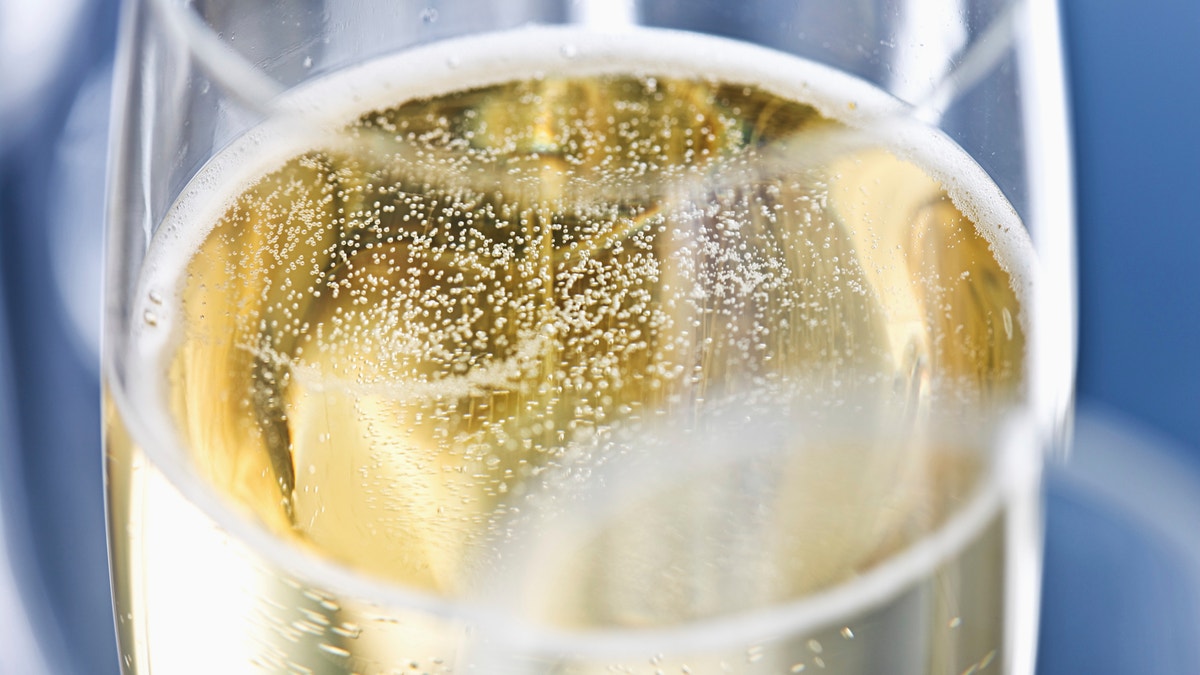
Close up of champagne bubbling in a champagne flute. (iStock)
Red wine usually gets the most praise for its health benefits due to one of its powerful ingredients, resveratrol, which has been linked to improved mental health and a stronger heart. But a 2013 study out of the United Kingdom that has resurfaced recently on social media suggests a similarly buzz-worthy benefit from Champagne. However, health experts say the sparkling drink isn’t the best way to improve memory.
In the original study, an animal model, researchers found that the bubbly has compounds in common with red wine, and argued that those properties may help prevent forms of dementia such as Alzheimer’s disease and promote things like spatial memory.
Study authors at the University of Reading observed that Champagne has relatively high levels of phenolics, which primarily derive from two red grapes, Pinot Noir and Pinot Meunier, and are used to make Champagne.
“Our research shows that Champagne, which lacks flavonoids, is also capable of influencing brain function through the actions of smaller phenolic compounds, previously thought to lack biological activity,” study author Jeremy Spencer, a food and nutritional sciences professor at the University of Reading, said in a news release when the study was originally published. “We encourage a responsible approach to alcohol consumption, and our results suggest that a very low intake of one to two glasses a week can be effective."
According to the news release, phenolics help modulate signals in the hippocampus and cortex, which are associated with memory and learning. With age, many proteins in these parts of the brain waste away, but, the compounds in Champagne appeared to help restore those protein counts to normal levels. Alzheimer’s disease, the most common form of dementia, is marked by gradual and eventually severe memory loss.
On Monday, the National Health Service (NHS) in England cautioned against the scientists’ findings, noting in a news release that researchers drew their conclusions from a rat model of 24 animals, which isn’t comparable to a human model. It noted that foods that can boost memory include parsley, peanuts and blueberries, all of which contain flavonoids and are a healthy alternative to alcoholic beverages.
“In the near future we will be looking to translate these findings into humans,” study author Dr. David Vauzour, of the University of Reading, said in the release in 2013. “This has been achieved successfully with other polyphenol-rich foods, such as blueberry and cocoa, and we predict similar outcomes for moderate Champagne intake on cognition in humans."




















